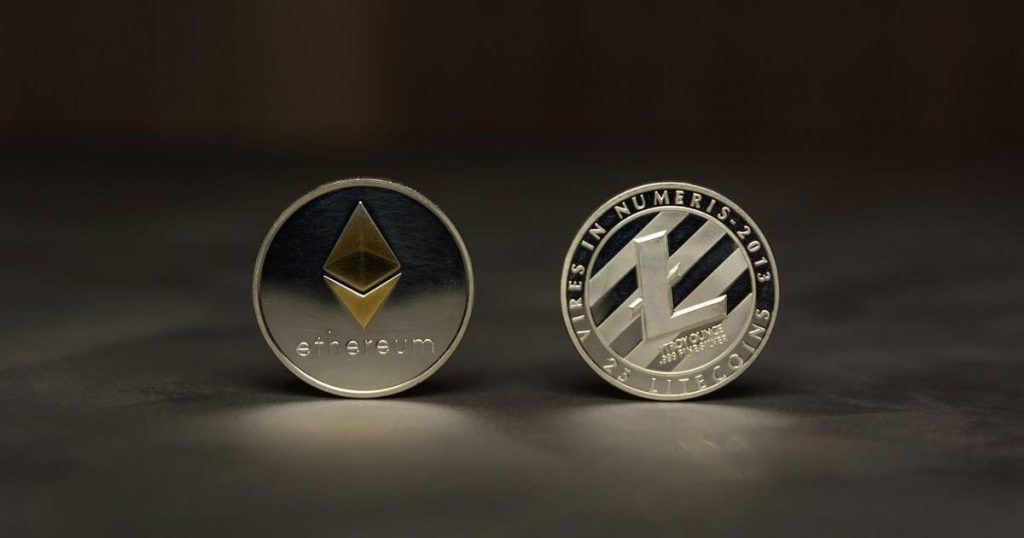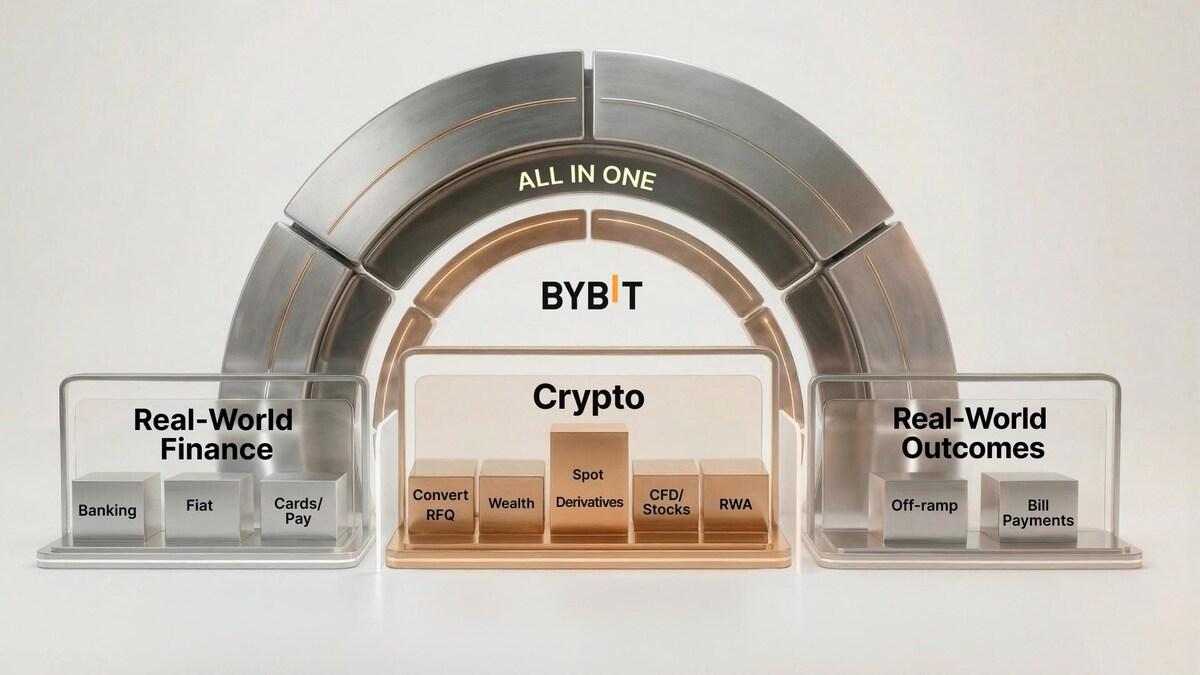Key Points:
- CFTC reasserts Ethereum and Litecoin as commodities in legal action against KuCoin.
- KuCoin faces regulatory scrutiny for unregistered trading and KYC compliance failures.
- Ethereum and Litecoin’s classification as commodities has a significant regulatory impact amid jurisdictional disputes between CFTC and SEC.
The U.S. Commodity Futures Trading Commission (CFTC) has reiterated its stance on Ethereum and Litecoin, classifying them as commodities amid regulatory battles for oversight of the digital asset industry.

CFTC Affirms Ethereum and Litecoin as Commodities in KuCoin Case
This announcement came through a legal complaint against KuCoin, a cryptocurrency exchange facing scrutiny from both the CFTC and the Department of Justice.
In the complaint, the CFTC firmly labels Bitcoin, Ethereum, and Litecoin as commodities, aligning with its ongoing efforts to regulate the burgeoning digital asset market.
The CFTC’s action signifies a milestone in the classification of digital assets, explicitly recognizing Ethereum and Litecoin as commodities. This categorization carries significant regulatory implications, obliging exchanges handling these assets to adhere to strict CFTC regulations.
Ethereum and Litecoin Classification Sparks Regulatory Debate
This regulatory emphasis on compliance extends beyond the CFTC, with the Securities and Exchange Commission (SEC) also engaging in investigations and attempting to define ETH as a security. The jurisdictional dispute between the CFTC and SEC over regulating the digital assets industry has been ongoing in recent years.
KuCoin‘s legal woes extend beyond the CFTC’s complaint, as the Department of Justice alleges violations of the Bank Secrecy Act. Specifically, the exchange is accused of failing to implement adequate know-your-customer (KYC) procedures from July 2019 to June 2023.
The DOJ contends that the KYC measures introduced in July 2023 were insufficient, with the platform allegedly adopting them only after becoming aware of a government investigation.
| DISCLAIMER: The information on this website is provided as general market commentary and does not constitute investment advice. We encourage you to do your own research before investing. |






















